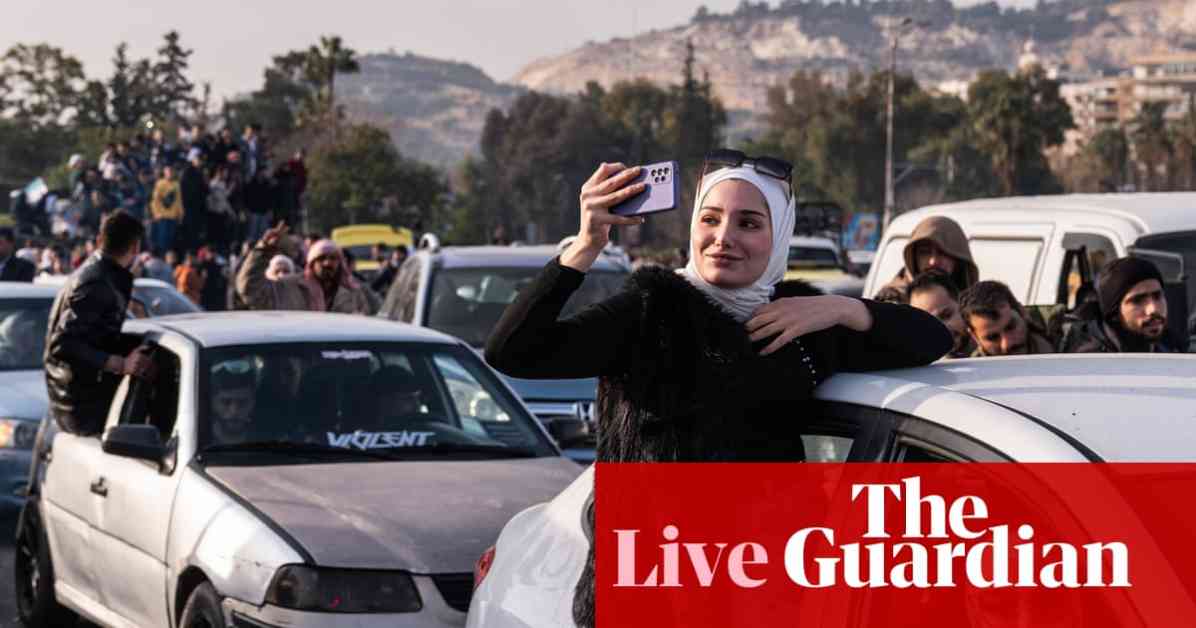Former Syrian Prime Minister Hands Power to Rebel Forces
In a shocking turn of events, former Syrian prime minister Mohammed Ghazi al-Jalali has agreed to hand over power to the rebel “Salvation Government”. This decision comes after the rebel offensive spearheaded by head of HTS, Abu Mohammed al-Jolani, who initially announced that al-Jalali would lead a transitional government in Damascus. However, al-Jalali has now decided to relinquish power to the rebel forces, marking a significant shift in the power dynamics in Syria.
Explosions Rock Damascus
Witnesses in Damascus reported hearing at least two explosions in the city, specifically in the Barzeh area near a government center linked to the production of chemical weapons. The source of the explosions remains unclear, but tensions are high following recent Israeli airstrikes in Damascus targeting Iranian-linked sites. The situation in the region is volatile, with security concerns mounting as rebel forces consolidate their power in the capital.
International Response and Priorities
Amid the chaos in Syria, the international community is closely monitoring the situation. Antony Blinken, US Secretary of State, emphasized the need to prevent the Islamic State group from capitalizing on the fall of Bashar al-Assad’s regime. The US-led coalition remains vigilant against any resurgence of extremist groups and is determined to maintain stability in the region.
Furthermore, US priorities include safeguarding chemical weapons stockpiles and supporting the Syrian people in rebuilding their country. The US is actively working to secure the release of journalist Austin Tice, who was kidnapped in Syria in 2012, highlighting the ongoing humanitarian concerns in the war-torn nation.
UK’s Response and Humanitarian Concerns
The UK has paused decisions on Syrian asylum claims as rebel forces take control of Damascus. This move reflects the uncertainty surrounding the situation in Syria and the need for a comprehensive assessment of the evolving crisis. The UK, along with other European nations, is closely monitoring developments in Syria and adjusting its policies to address emerging challenges.
As the region grapples with the aftermath of Assad’s downfall, the focus is on humanitarian efforts and ensuring the safety of civilians. With millions of Syrian refugees considering a possible return to their homeland, international organizations like the United Nations are urging patience and vigilance to navigate the complex transition period.
In the midst of political upheaval and military confrontations, the plight of innocent civilians remains a top priority for global leaders. The future of Syria hangs in the balance, with critical decisions and actions shaping the path forward for the war-torn nation.












